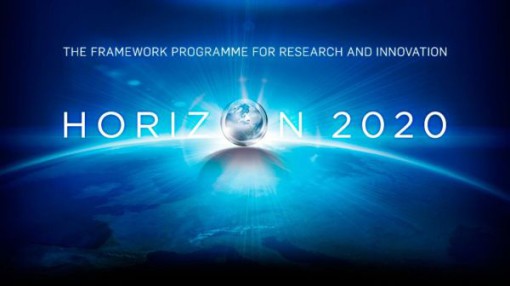 Revised in view of higher simplicity and to streamline the bureaucratic processes that in the past made tortuous the access to European calls, the rules and the procedures of the new Horizon 2020 programme come to the aid of all businesses and especially of SME. Let us see how
Revised in view of higher simplicity and to streamline the bureaucratic processes that in the past made tortuous the access to European calls, the rules and the procedures of the new Horizon 2020 programme come to the aid of all businesses and especially of SME. Let us see how
Clearer rules, less detailed procedures and more understandable access modalities. The new European programme Horizon 2020 starts pursuing a higher simplification, in favour of companies participating in tenders and especially of all involved SME, for which, as we know, ‘special measures’ are provided for. A novelty that undoubtedly makes it a more innovative programme than those launched in the past by the European Union and that will be useful to reduce the administrative costs of the participating companies as well as to speed up the processes of application submission and of funding management, thus reducing also the financial error rate. The expected advantages will not be few: researchers and innovators will have the possibility of spending more time in the activities of devising and creation of new products to be released on the market, regardless of a bureaucracy hard to understand for them. On the other hand companies will be required a minor effort for the filling in of forms and the accounting of costs, with the possibility of focusing more on the starting of new businesses and the launch of innovative products. Besides, SME will have access to a programme, specifically thought to satisfy the requirements of medium-small entrepreneurial realities, which according to EU will contribute in boosting their participation in Horizon 2020.
A single rule system
Among the several novelties, for the first time Horizon 2020 provides for the use of a single whole of rules, effective for all companies that will intend to have access to the European funding made available by bans. A significant change that leads to a notable structural simplification of this framework programme, which seems easier to browse and enjoy, for whatever entrepreneurial reality involved. Same rules for research and innovation, then, and especially effective rules for all programmes and funding bodies. Without forgetting that, to take part in calls, at least three independent legal entities, each of them located in a member State or associated Country, are necessary. Only exceptions: ERC actions, Marie Sklodowska-Curie actions (MSCA), coordination and support actions (CSA), co-fund actions and the instruments for the SME with which the possible participation of even a single enterprise is forecast (transnationalism will be anyway favoured by selection committees).
EU has not forgotten, however, to streamline regulations and procedures also from the financial point of view: this provision has permitted the simplification of the reimbursement of direct costs, the possibility to refer to the average costs of the staff employed in projects, even for owners of SME without salary. Last but not least, they have introduced a simplification of the registration times to tenders, the possibility of obtaining a single reimbursement for all participants and the faculty of using a single reimbursement rate for indirect costs. In particular, concerning direct costs, they have provided for a 100% refund percentage for research activities, for all beneficiaries, while in the case of “innovation actions”, by 100% for Universities and no profit organizations and by 70% for enterprises (industries and SME). They have then defined a single method for calculating indirect costs, with a single flat rate corresponding to 25% of admissible costs, valid for all beneficiaries.
Fewer controls, less confidence
Horizon 2020 has simplified also control methodologies, reviewed by the European Union in view of higher confidence in participating companies. This intervention has provided for a decrease of the number of certificates requested for financial statements and a reduction of control burdens that weigh on participants. Through these measures, the Commission intended to speed up the start times of projects, reducing by 100 days the average time of funding allocation (which has then decreased from 350 to 250 days, that is to say 8 months). The specific evaluation criteria are then simpler and they have established some targeted controls that provide also for a reduction of the audit number, a minimum level of aspects to be certified, an audit strategy focused on the risk and the fraud prevention.
‘Easier’ international participation
The new rules permit a simpler international participation to companies, facilitating the cooperation, without anyway forgetting to protect European interests. In the specific case, the body of a third Country can obtain a EU funding if the third Country is identified in the work programme, if the Commission or the Executive Agency deems the body’s participation essential, if the funding is provided for by bilateral or technological agreements. Besides, the work programme can restrict the participation of the bodies of Third Countries due to safety reasons or because affecting EU’s interests.
New funding forms
In addition to the “standard” Grants, provided for by the European Programme, they have accepted new funding forms to favour the innovation and enterprises’ close- to- market activities. Among them, public procurement, pre-commercial procurement, procurement of innovative solutions, awards and financial instruments of different nature, like for instance dedicated loans, equity instruments, etc…
Further information about …
Europa 2020: http://ec.europa.eu/europe2020/index_en.htm
Horizon 2020: http://ec.europa.eu/programmes/horizon2020/




